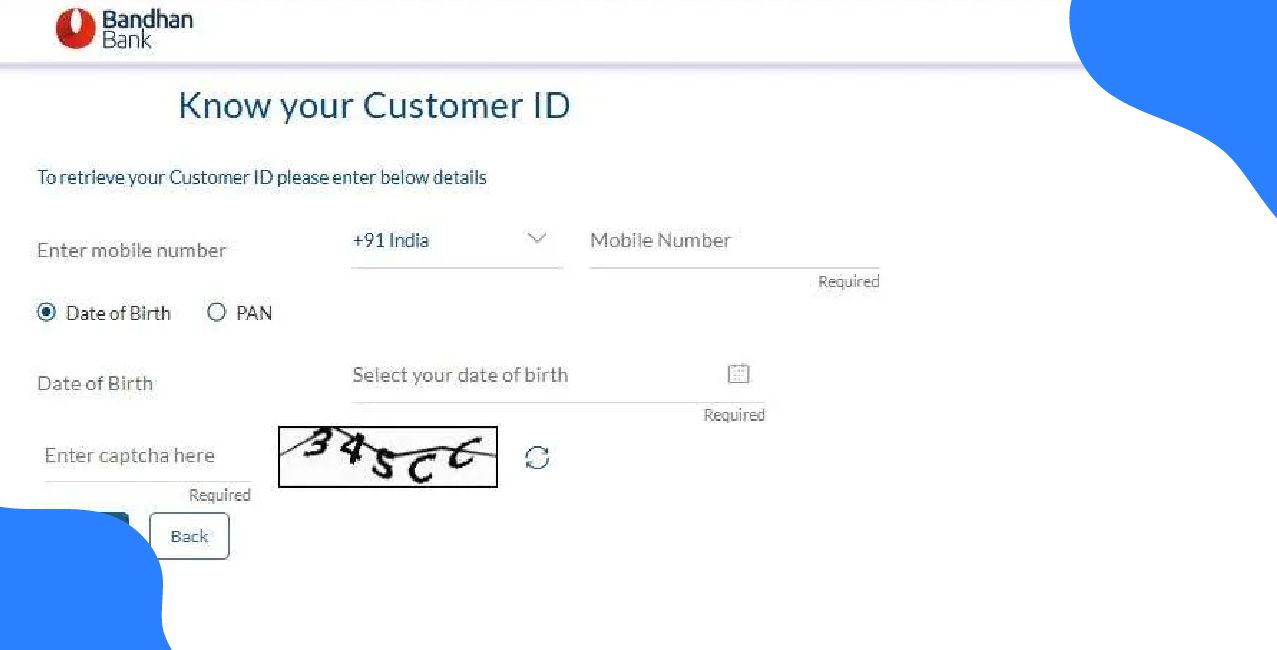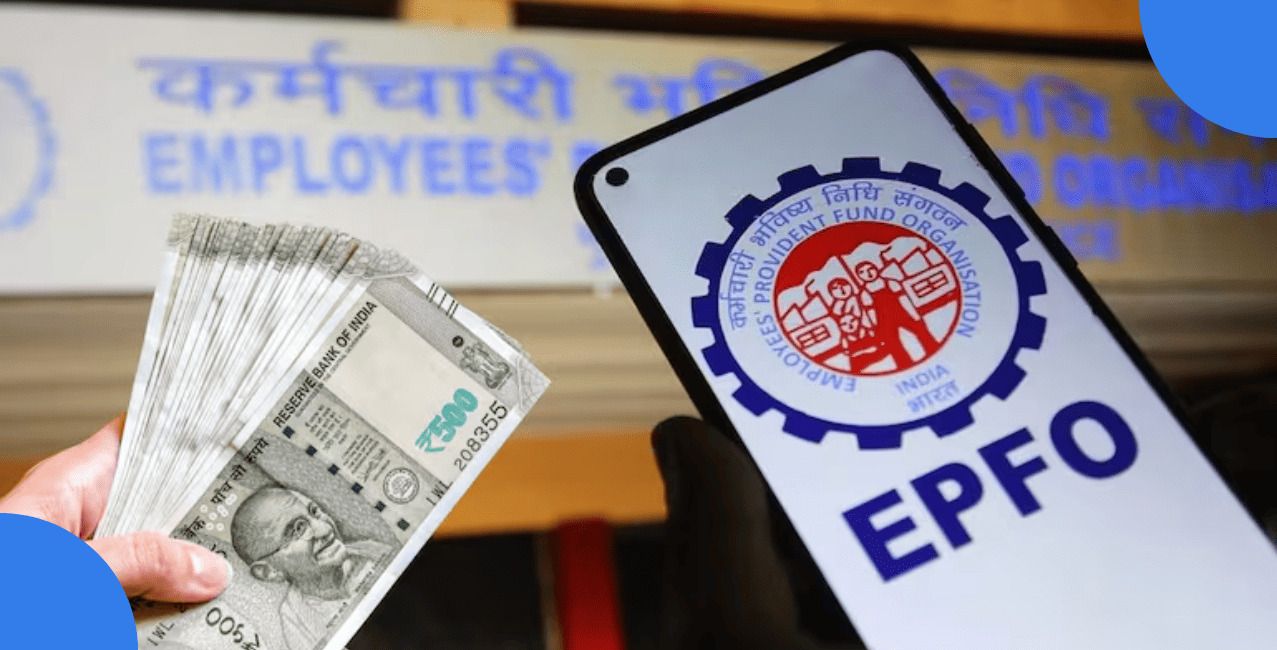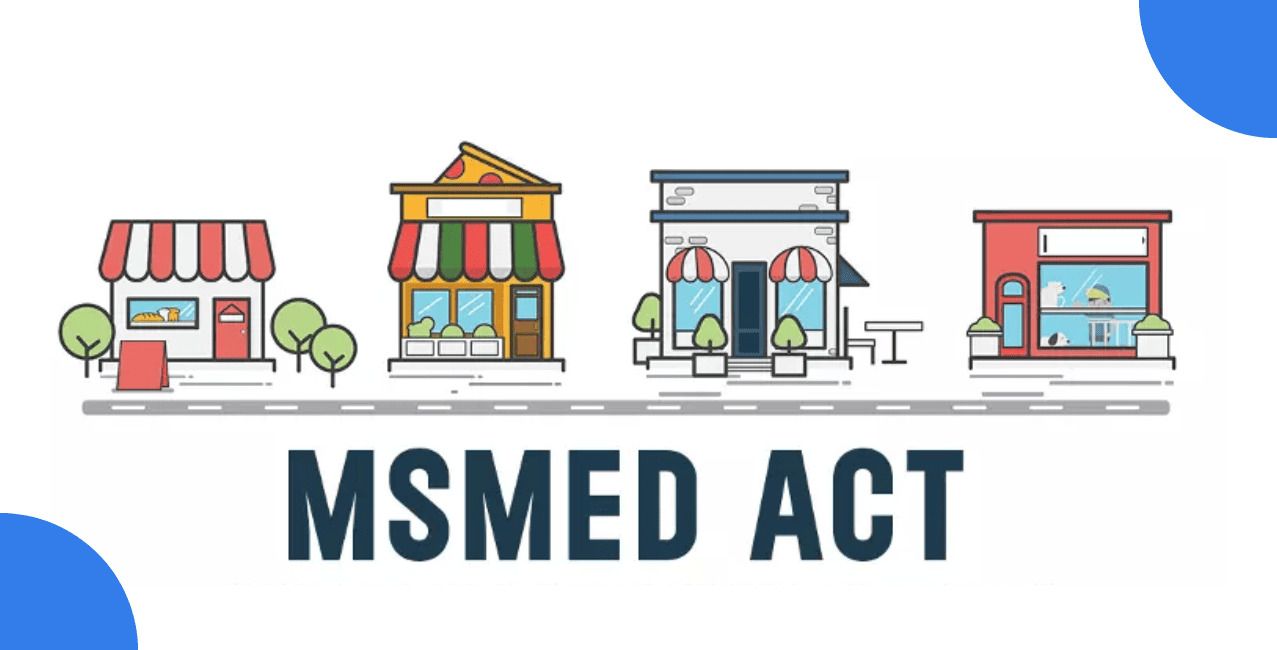Get a Business Loan Without Collateral – Expert Tips & Options

Check Your Loan Eligibility Now
By continuing, you agree to LoansJagat's Credit Report Terms of Use, Terms and Conditions, Privacy Policy, and authorize contact via Call, SMS, Email, or WhatsApp
5 months ago, Anshika was busy with her 9 to 5 ‘corporate majdoori’, like you and me. She used to earn ₹1.5 lakhs a month, which comfortably covered her lifestyle.
However, like everyone, she was bored and frustrated, which is why she launched her own jewellery business. In just 6 months, she spent nearly ₹6–7 lakhs from her savings on setup costs like raw materials, packaging, branding, and workspace. When she needed additional funds to keep the business going, she applied for a business loan. Do you know what happened next? She was denied by 3 banks just because she had no collateral.
As soon as she told me about everything, my first thought was,’ Aise kaise?’ You may not be aware of this, but many lenders now offer unsecured business loans. These loans do not require property or physical assets. Instead, you only need two things: your credit score (ideally 700+) and proof of monthly business cash flow.
Due to fintech and digital lending platforms, the process has become even easier. This shift helps startups like Anshika’s to get funding faster, with less paperwork and no collateral.
Anshika had me guide her. But who do you have? Through this blog, we will discuss how you can apply for a business loan without collateral, which lenders to consider, and how to increase your chances of approval. Shall we start?
Types of Unsecured Business Loans in India
Many people do not have any valuable assets in their name. But that does not mean they cannot apply for a business loan to fulfill their dreams. With a consistent cash flow and good credit history, banks will offer loans on good terms.
To save you the hard work, we have listed some of the most popular and trusted unsecured loan options available for Indian businesses today.
Loan Type | Key Features | Ideal For |
Term Loan | Fixed loan amount with a predetermined repayment schedule. No collateral required. Flexible tenure options. | Businesses seeking funds for expansion, equipment purchase, or capital expenditures. |
Working Capital Loan | Short-term financing to manage daily operational expenses. Helps maintain cash flow during off-peak seasons. No collateral needed. | Businesses needing to cover short-term operational costs or manage seasonal demand fluctuations. |
Overdraft Facility | Allows overdrawing from the current account up to an approved limit. Interest is charged only on the utilised amount. Flexible repayment options. | Businesses requiring flexibility to manage cash flow gaps. |
Line of Credit | Access to funds up to a specified limit. Interest payable only on the amount drawn. Revolving credit facility. | Businesses with fluctuating working capital needs. |
Merchant Cash Advance | Lump sum funds provided based on future credit card sales. Repayments made as a percentage of daily sales. No fixed repayment tenure. | Retail businesses with consistent card sales seeking quick capital. |
Business Credit Cards | Immediate access to funds for business expenses. Interest-free period up to a certain duration. Rewards and benefits on business-related spending. | Small businesses and entrepreneurs for manage short-term expenses. |
Government Schemes | Loans offered under various government initiatives. Subsidised interest rates. No collateral required up to a certain limit. | Startups and small businesses eligible under specific government programs. |
Eligibility Criteria for Indian Businesses
I still remember when I got my first SIM card. I needed to show my ID proof to prove my eligibility for it. Similarly, when you are applying for an unsecured business loan, banks want some proof to trust you.
Read More – What Is Collateral? Meaning, Types & Use in Secured Loans
Your bank statements, credit scores, and several other factors prove your creditworthiness. This way, banks believe that you will pay the loan amount within the set time limit, after all, there is no collateral involved. Here are some common eligibility criteria that you need to tick off before opting for a loan:
CIBIL Score
Remember how you got an A+ when you scored 91%. The grade indicated that you are doing well in your studies, and your parents should offer you a treat. Similarly, with a CIBIL score above 750+, banks will know that you are financially responsible.
It may also offer a loan at a low interest rate. However, do not worry; startups may qualify with 700+ in revenue.
Business Age
If you have been running your business for a year or more, you may be eligible for a larger loan amount. However, in some cases, founders require funding during their initial stages. So, if your business is 6 months old, you can work with fintech lenders and have access to the funds and your vision.
Annual Revenue
My friend Anshika knew she would get an unsecured loan regardless. ‘Confidence dekh rahe ho?’ This is because her annual revenue was ₹12,00,000 per annum, exceeding the set limit of ₹10 lakhs (Paisabazaar, 2025).
If you are one of those established SMEs, then you need to meet the ₹25 lakhs+ eligibility criteria to apply for the loan.
Bank Statements
‘Ye to chahiye hi’ Keep 6 or more months of bank statements ready with you. Banks ask for this kind of document to check if you have a consistent cash flow or not. What if your cash flow is ₹2,50,000 one month and ₹50,000 the other, and your EMI is ₹40,000? ‘Kaise paise bharoge?’
How to Apply for an Unsecured Business Loan in India?
Getting a collateral-free business loan is not as easy as ordering a pizza. However, with the right knowledge, it is not that difficult either. Here’s a straightforward 5-step process that thousands of entrepreneurs are using in 2025 to fund their startups and small businesses. So, why should you be left behind?
Step 1: Assess Your Eligibility
We have discussed earlier how important it is to check specific key eligibility criteria. If your CIBIL score is less than 700, work on improving it. Set reminders and make your payments on time, minimise your credit card dependency, and be financially disciplined. Also, do not forget to calculate your debt-to-income ratio; keep it below 40%.
Step 2: Prepare Financial Documents
To save yourself from the last-minute hassle and tension, it’s best to keep your financial documents ready in advance. These aren’t just for formality; they help banks and NBFCs understand your business’s health, repayment capacity, and authenticity.
Document | Purpose |
6-month bank statements | To assess cash flow stability and repayment ability |
1-year GST returns | To verify business legitimacy and tax compliance |
Business plan | To outline the growth roadmap and how the loan will be used |
PAN and Aadhaar (Owner) | For identity and legal verification |
Business registration proof | To confirm the legal existence of the business |
Business address proof | To verify location and operational authenticity |
ITR filings (1–2 years) | To assess long-term profitability and income stability |
Step 3: Compare Lenders
If you fulfill the eligibility criteria, anyone would give you the loan, but never go for the first lender you see. Why? ‘Mummy ko kabhi shopping karte hue dekha hai?’ With each shop, they discover something new about the products they want to buy. Additionally, they pay for the deal that suits their needs and budget.
Similarly, you may not know about the processing fee, for instance, but the right lender will explain each loan term in detail for you. Additionally, different lenders offer varying interest rates, and trust me, you want to opt for the one that charges the lowest. So, take a little time to compare, and you’ll thank yourself later.
Step 4: Submit Application
Once you’ve picked the right lender, it’s time to apply. Thankfully, many lenders now offer a 100% digital process. So, if you’re applying via fintech platforms, you can fill out the form online, upload scanned documents, and get pre-approved within minutes.
For traditional banks, you may need to visit a branch or speak to a relationship manager. Some institutions offer partial online application processes, but physical verification may still be required in certain cases.
Also Read - Understanding the Difference Between Secured vs Unsecured Personal Loans
For Example, A Mumbai-based digital marketing startup with ₹12 lakh annual revenue and a CIBIL score of 710 needed ₹5 lakh for team expansion. They applied through a fintech lender. They had submitted six months of bank statements and GST returns and received approval within three days. Funds were credited on the 5th day, and no physical documents or security were needed. Let’s see what would have happened had he opted for a traditional bank.
Criteria | Traditional Bank | Fintech Lender |
CIBIL Score Required | 750+ | 700+ or strong revenue growth |
Document Requirements | Extensive (ITR, audited financials, etc.) | Simplified (GST returns, bank statements, revenue chart) |
Processing Time | 10–15 working days | 3–5 working days |
Collateral Needed | Usually yes, especially for higher amounts | Not required (unsecured) |
Loan Disbursal Speed | Slow due to verification and compliance | Fast, with digital verification and approval |
Flexibility | Less flexible with repayment and usage terms | High flexibility in EMI structuring and usage of funds |
Best Suited For | Large, well-established SMEs | Startups and growing businesses with stable cash flow |
How Can You Improve Your Loan Application
Unsecured business loans in India may not require your property papers, but they do demand preparation and a smart strategy. Since you’re not offering collateral, lenders will judge you based on your financial habits, revenue health, and credibility. That’s why you need to be five steps ahead. Use these strategies to increase your chances of approval. Follow kar lo, zindagi mein kaam ayega’
1: Improve Credit Health
To secure better loan terms, begin by maintaining a healthy CIBIL score, ideally 750 or higher. Pay your EMIs and credit card bills on time, and keep your credit utilisation below 30%. Also, avoid applying for multiple loans at once. Each application results in a hard inquiry, which can lower your score.
2: Showcase Consistent Cash Flow
Lenders love stability. Share 6 to 12 months of your business bank statements that show steady income. Tools like Razorpayx help generate these reports easily and professionally. Also, ensure regular GST filings. This builds your business credibility.
3: Negotiate Smarter Terms
Compare options on aggregators and utilise competitive rates to negotiate more favourable terms. Always ask about prepayment flexibility so that you can repay the amount earlier than the fixed tenure. You should opt for loans that don’t penalise you for paying early, as it could save you a lot in interest over time.
For Example, Sneha from Jaipur, a 33-year-old entrepreneur, applied for an unsecured business loan of ₹7 lakh. She compared different offers and chose the best deal for herself. Sneha chose Lender A, which initially offered her a 16% interest rate. She negotiated and reduced the rate to 15% and ensured that there were no prepayment penalties after six months.
She repaid the loan in the 9th month, instead of the full 24-month tenure. This early repayment helped her save approximately ₹35,000 in interest. But what would have happen had she not negotiated at all? Let’s see with the help of the table given below.
Criteria | Without Negotiation | With Negotiation |
Loan Amount | ₹7,00,000 | ₹7,00,000 |
Initial Interest Rate | 16% | 15% |
Prepayment Flexibility | No (penalty applies) | Yes (after 6 months, no penalty) |
Prepayment Penalty | ₹18,000 (approx. 3% of balance) | ₹0 |
Interest Paid (approx.) | ₹87,000 | ₹52,000 |
Interest Saved | ₹0 | ₹35,000 |
4: Leverage Government Schemes
Make the most of government-backed options. MUDRA Loans offer collateral-free funding of up to ₹20 lakhs for micro and small businesses at lower interest rates. Similarly, Stand-Up India offers up to ₹1 crore to women, SC, or ST entrepreneurs to support inclusive business growth (Stand-Up India).
Conclusion
‘Toh baat ye hai’ Getting a business loan without giving any collateral has become easier. You might face difficulties securing one with traditional banks. However, with the emergence of new digital lenders and government schemes, more small businesses can access funds quickly.
For that, you need to keep your application strong enough to convince the lenders of the loan. Start by maintaining a CIBIL score above 750 and making timely payments.
Look into schemes like MUDRA or Stand-Up India. Additionally, consider using online platforms that compare loans and expedite the approval process. These tools are simple and save you time. So, fund your dreams today!
About the author

LoansJagat Team
Contributor‘Simplify Finance for Everyone.’ This is the common goal of our team, as we try to explain any topic with relatable examples. From personal to business finance, managing EMIs to becoming debt-free, we do extensive research on each and every parameter, so you don’t have to. Scroll up and have a look at what 15+ years of experience in the BFSI sector looks like.
Subscribe Now
Related Blog Post
Recent Blogs
All Topics
Contents
Quick Apply Loan
Consolidate your debts into one easy EMI.
Takes less than 2 minutes. No paperwork.
10 Lakhs+
Trusted Customers
2000 Cr+
Loans Disbursed
4.7/5
Google Reviews
20+
Banks & NBFCs Offers
Other services mentioned in this article



.png)




